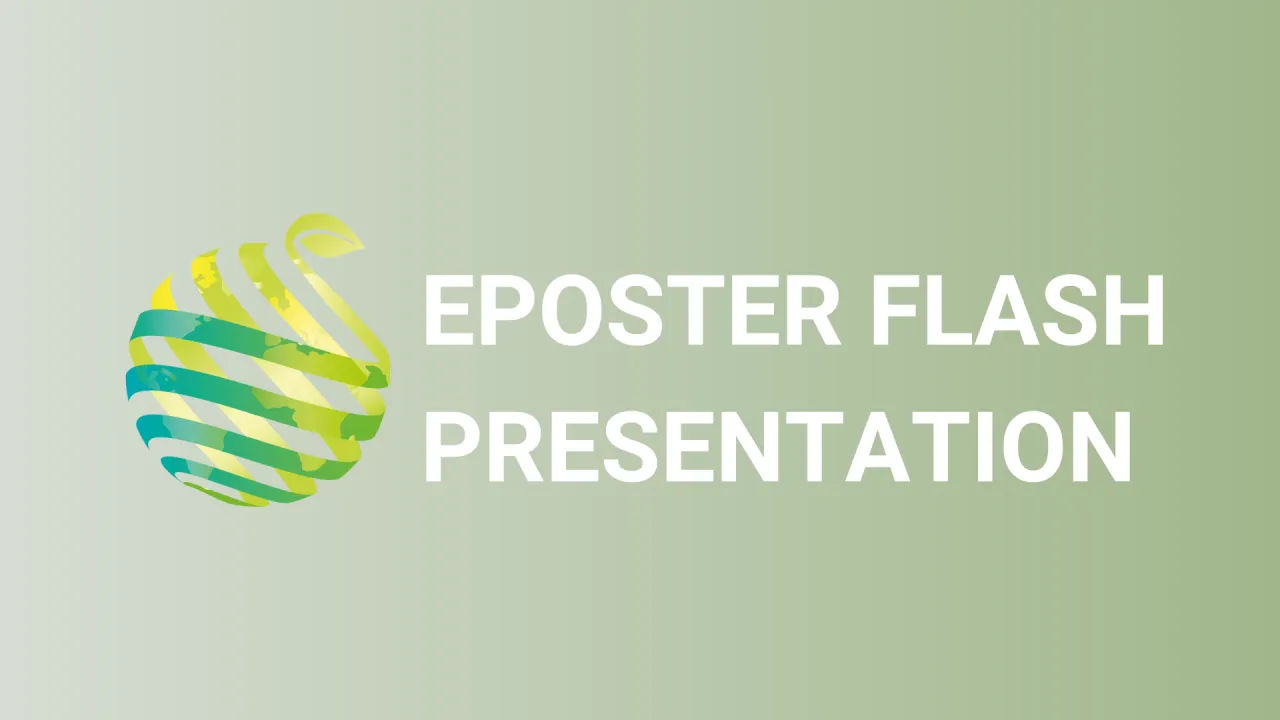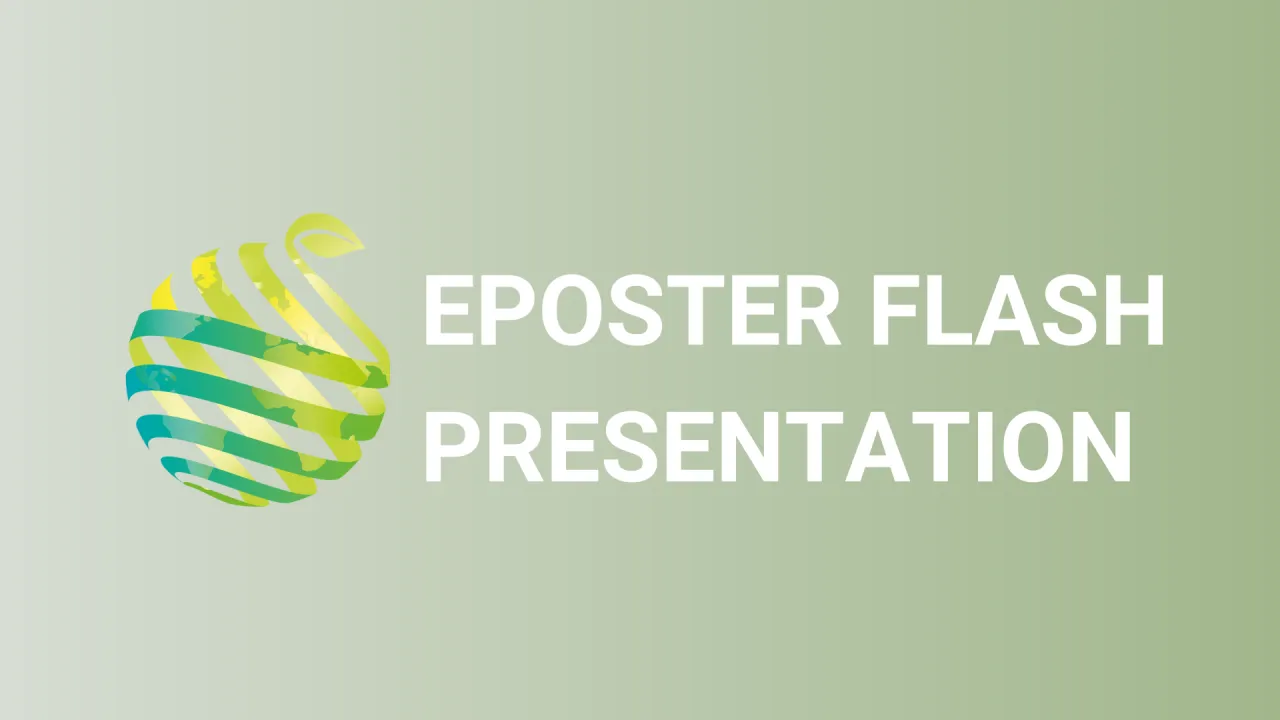

S23 - Session P5 - Ripening / MCP - Factors affecting 1-MCP release from an alpha-cyclodextrin encapsulant dissolved in water
Information
Authors: Randolph M. Beaudry *, Aline da Silva, Phil Engelgau, Nobuko Sugimoto
1-Methylcyclopropene (1-MCP) is an important synthetic growth regulator used to delay ripening and senescence during postharvest storage of fruits and vegetables. One common commercial mechanism to deliver 1-MCP to the treatment room is releasing it from an α-cyclodextrin encapsulant complex. In a common version of this application, the α-cyclodextrin complex is a powder (or tablet) is sealed within in a water-soluble poly co-vinyl alcohol (PVOH) pouch or coating. The 1-MCP generation unit is placed into a water-containing vessel containing an air bubbler, water pump, stirring paddle, or other means of agitation. We evaluated a commercial α-cyclodextrin encapsulating powder and evaluated the effect of agitation style, temperature, proportional water volume, PVOH amount, and the amount of dissolved α-cyclodextrin on the release rate of 1-MCP. Agitation style impacted the rate of 1-MCP release; lack of agitation prevented dissolution of the α-cyclodextrin complex. Undissolved α-cyclodextrin complex, despite being immersed in water for 24 hours, contained substantial amounts of unreleased 1-MCP. The rate of 1-MCP release from the α-cyclodextrin complex was temperature dependent, increasing with temperature in a non-linear fashion from 0 to 30 °C. The extent of release was reduced approximately 28% at 0 °C relative to higher temperatures. The amount of PVOH material did affect the extent or the rate of 1-MCP release. Addition of excess α-cyclodextrin to the solutions markedly suppressed the dissolution of the α-cyclodextrin complex and prevented release of 1-MCP. Data suggest that vigorous agitation is needed to maximize 1-MCP release, but full release was not possible if the concentration of dissolved α-cyclodextrin exceeded a formulation-dependent threshold. Initial water temperature should be 30 to 40 °C to facilitate rapid 1-MCP release; use of air bubblers accelerated the rate of cooling of the water compared to water pumps and paddles. α